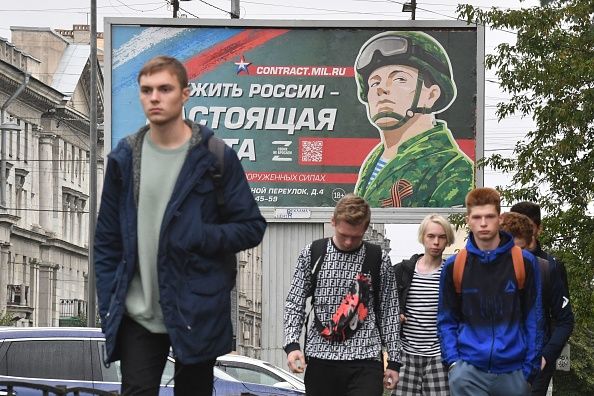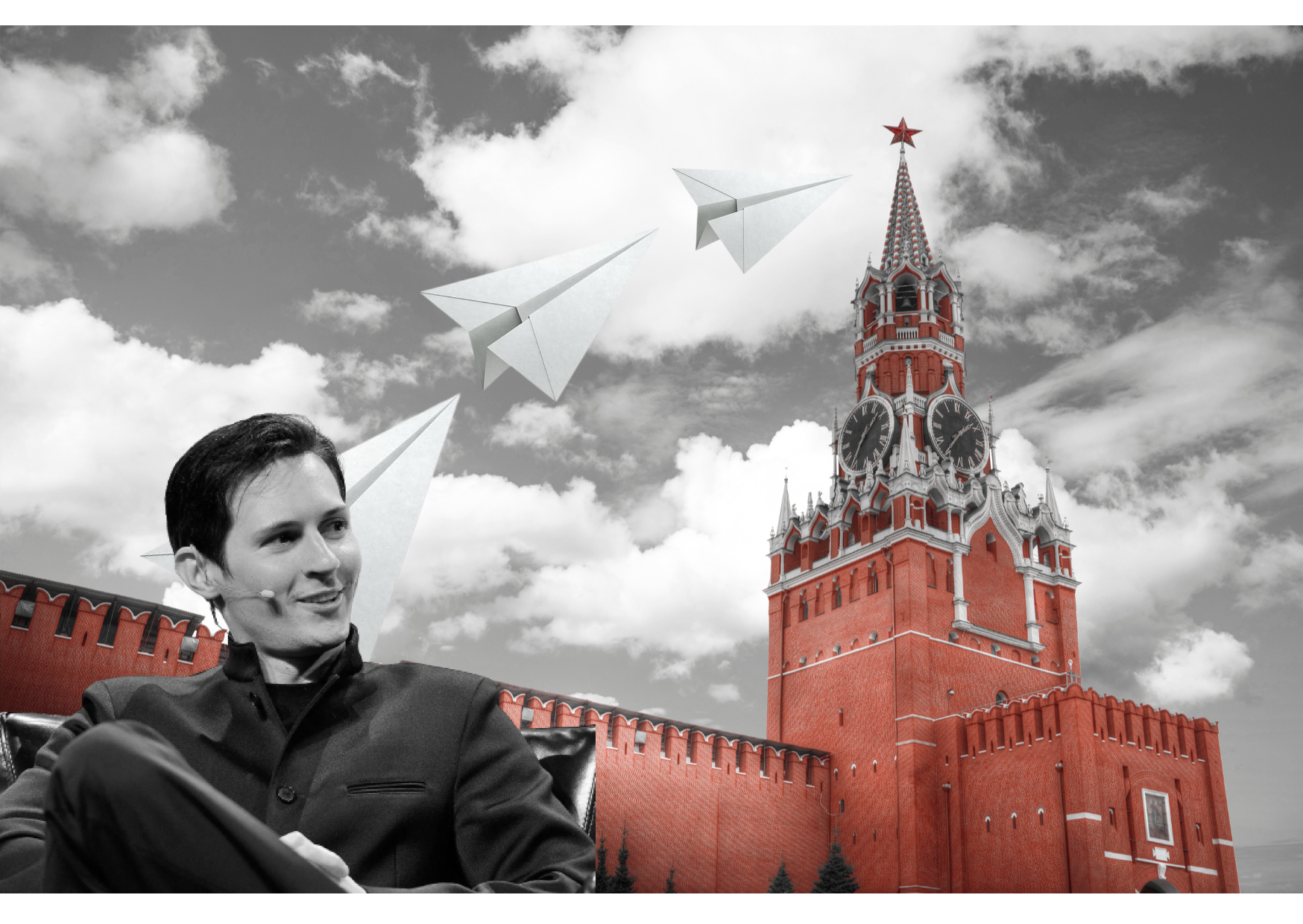Lalwani, Ressa: Tyranny's propagandists are winning

Editor’s Note: The following article was published by Project Syndicate on March 30, 2023, and has been republished by the Kyiv Independent with permission. The opinions expressed in our op-ed section are those of the authors and do not purport to reflect the views of the Kyiv Independent.
SEOUL/THE HAGUE – If democracy had its own doomsday clock, it would be at two minutes to midnight. According to the most recent analysis by Varieties of Democracy (known as V-Dem), 72% of the world’s population lived in autocracies last year, compared to 50% a decade ago. For the first time in more than two decades, there are more authoritarian regimes than liberal democracies – and we are not doing enough to address this threat.
The reversal has been stunning. In the Philippines, Ferdinand “Bongbong” Marcos, Jr., won last year’s presidential election, 36 years after a popular revolt overthrew his father’s dictatorship. In Brazil, millions still refuse to accept former president Jair Bolsonaro’s defeat to Luiz Inácio Lula da Silva. Russia’s invasion of Ukraine has forced its citizens to rise up against a genocidal occupier. And in Egypt, the last vestiges of resistance to autocracy have been forced into the shadows. On every continent, illiberal politicians are portraying democracy as an impractical historical relic.
We must do more to stop this rapid democratic backsliding. During World War II, when democracy was similarly threatened, the free world came together to bring about a more peaceful international order. The multilateral system that was established in 1944 at Bretton Woods, New Hampshire, and by the creation of the United Nations the following year, led to decades of relative stability and international cooperation on human rights.
We are at a similar moment today – with an important twist. The current conflict between autocracy and democracy is fought not only on the battlefield and in the political arena but also on social media and broadcast TV. If democracy is to prevail, credible, independent news media will be essential.
Without trusted, impartial media, we cannot have shared facts; without shared facts, we cannot have political accountability or fair elections; and without fair elections, democracy cannot survive. And yet, just when we need it most, fact-based, public-interest journalism is dying out. The ongoing demise of advertising revenue has severely limited news outlets’ ability to inform citizens, hold the powerful to account, and tell important stories.
The failure of journalism’s business model has led to two decades of collapsing revenues, cost-cutting, and layoffs. Thousands of news organizations across the world have shut down, while political actors have acquired others as a vehicle for spreading propaganda. China alone has spent an estimated $6.6 billion since 2009 on strengthening its international media influence, and Russia spent at least $1.5 billion last year on similar efforts.
International efforts to support independent journalism have been paltry in comparison. According to a 2022 report by the Center for International Media Assistance, such funding amounted to $385 million in 2019 – roughly 0.3% of overseas development assistance – and has not grown since then. This is woefully insufficient. Public and private funders must increase support for media organizations to at least 1% of global development assistance, thereby providing an additional $1 billion a year to support public-interest journalism.
The defining challenge of our time, saving democracy, must be a collective effort. Today, U.S. President Joe Biden’s administration will hold its second Summit for Democracy, which aims to make democracies “more responsive and resilient.” The first summit took place (virtually) in December 2021 and ended with several heads of state – including Biden, then-New Zealand Prime Minister Jacinda Ardern, and French President Emmanuel Macron – committing to provide support to the International Fund for Public Interest Media (IFPIM).
IFPIM is a first-of-its-kind multilateral institution seeking to boost the economic resilience of news outlets and usher in a new paradigm for public-interest journalism within the next decade. Today, we will announce that IFPIM has received financial contributions of almost $50 million from 16 donors, including seven governments and nine firms and philanthropies. Many of these funders are contributing meaningfully to global media support for the first time. We will also announce our first cohort of grantees: since the last summit, IFPIM has funded 11 news outlets in ten countries, including Brazil, Ukraine, Niger, Tunisia, and Colombia.
And yet our funds are still only a fraction of the billions autocrats spend on strengthening their networks for disseminating disinformation. At today’s summit, and throughout this year, democratic states must step up and commit significant funds to scale up the fight for independent media. Wealthy democracies that have long understood the importance of a free press, including the G7 countries, must mobilize their vast resources to support the creation of a global information ecosystem that is more resilient to disinformation. Private firms, which rely on accurate information to thrive, must take a prominent role in this effort by committing capital to fix the market failure that has weakened public-interest journalism.
Support for public-interest media is not nostalgia for some halcyon era. The ability to access real-time, accurate information is essential to a well-functioning democracy. To defend against the rising tide of authoritarianism, fact-based news must be readily accessible to all. Liberal democracy’s doomsday clock is edging closer to midnight. We must act now – or regret our indecision during the long tyrannical darkness that follows.
















